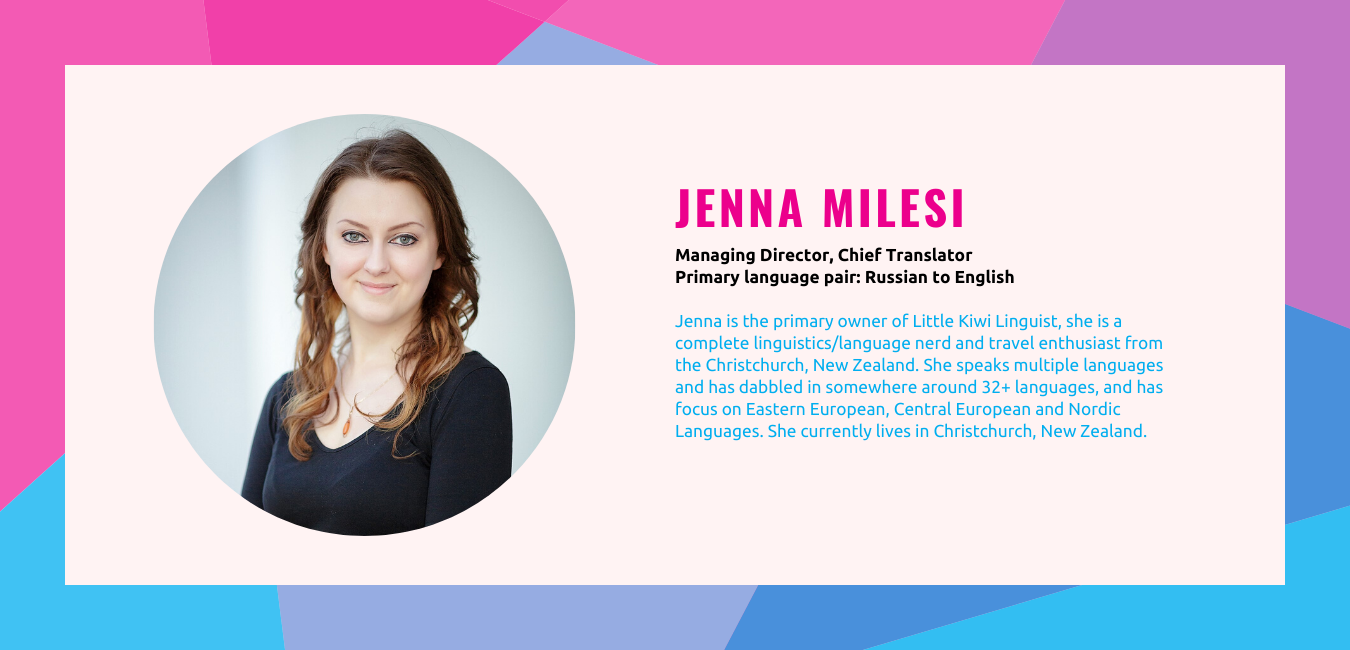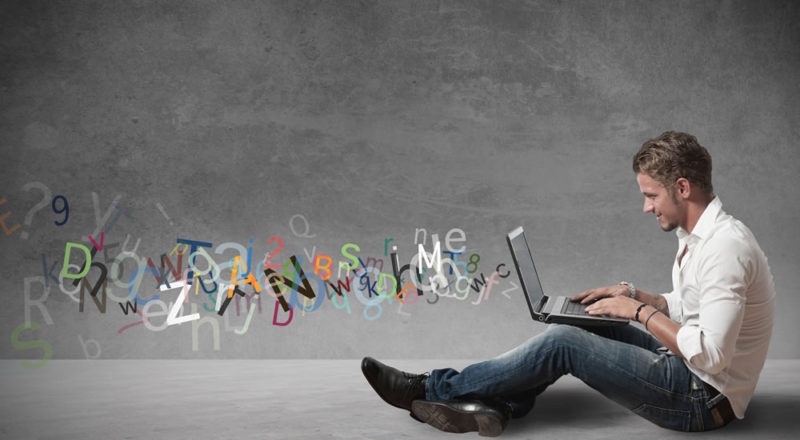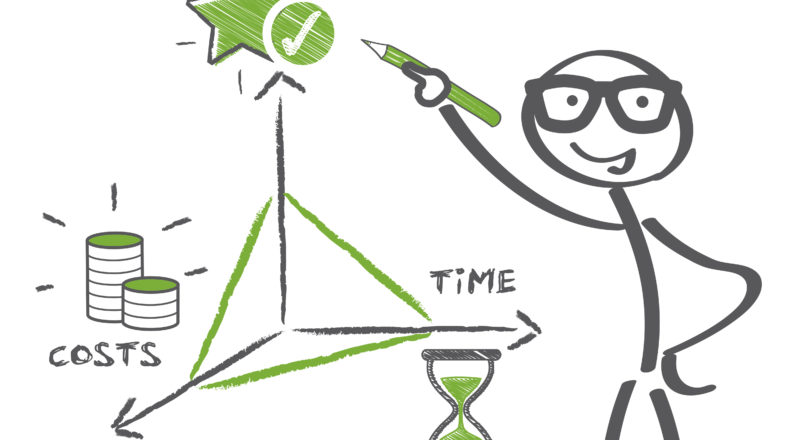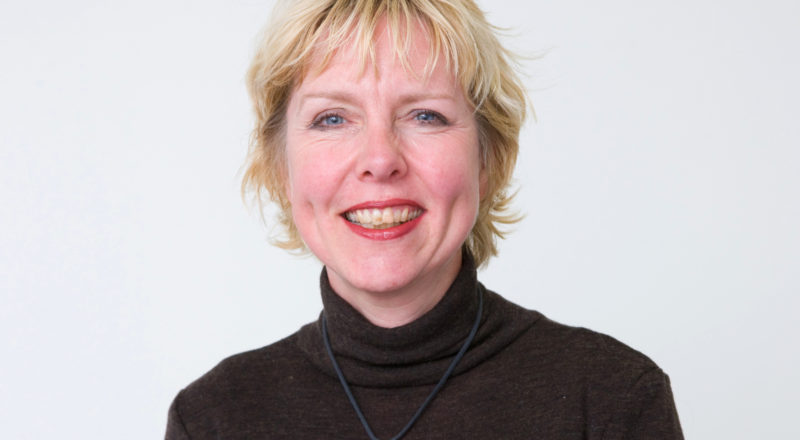
Introducing the infamous Dr Ineke Crezee, translator, interpreter, writer, lecturer, linguist extraordinaire…
Dr Ineke Crezee has been involved in teaching translation and interpreting since around 1991, and she has written numerous textbooks in these areas. Dr Ineke Crezee has won many prestigious awards for her teaching, including:
- Vice-Chancellor’s teaching awards in 2001 and 2012 and
- a Student Union Award in 2011.
Then to further add to her collection of accolades, earlier this year (2020), Dr Ineke Crezee was made an Officer of the New Zealand Order of Merit (for services to interpreter and translator education)!
Dr Ineke Crezee translated her very first novel when she was a very young student of translation in her early twenties and has translated a wide range of texts ever since her first translated book was published, which includes everything from novels, to textbooks, to course manuals, to medical and legal documents. Dr Ineke Crezee is pretty much a rock-star in the international arena, especially when it comes to medical translation and authoring/co-authoring books.
Dr Ineke Crezee is also a co-editor of two international interpreting and translation-related journals:
- the International Journal of Interpreter Education (Conference of Interpreter Trainers, USA) and
- Translation and Interpreting (University of Western Sydney, Australia).
Dr Ineke Crezee has been working in the Netherlands and New Zealand as a health and legal interpreter and translator. Dr Ineke Crezee’s book, ‘Introduction to Healthcare for Interpreters and Translators,’ was initially released back in 2013 in English, and then published a Spanish adaptation in 2015 [Dr Ineke Crezee’s book is available for purchase at John Benjamins or The Book Depository].
Later, Dr Ineke Crezee decided to publish a Chinese adaptation of ‘Introduction to Healthcare for Interpreters and Translators’ in 2016. Dr Ineke Crezee loves to work alongside those who she has previously taught who had a real talent for translation and has since had the book translated into Korean by Stella Baek (AUT graduate) and Professor Joon Chol Kwak, the Korean translation of the book was published by Hankuk University of Foreign Studies. Dr Ineke Crezee didn’t stop there, a Japanese and an Arabic adaptation of her book were published in 2016 and has been working on a Russian adaptation at the moment.
Dr Ineke Crezee is one of the most interesting and quirky translation and interpreting professionals I (Jenna Milesi, Managing Director & Chief Translator – Little Kiwi Linguist) have ever had the privilege of meeting as well as having been taught and mentored by Dr Ineke Crezee during my interpreting and translation studies at AUT (around 2014, 2015-2017). After having heard about her nomination for ‘Officer of the New Zealand Order of Merit‘(for services to interpreter and translator education) earlier this year, I thought it was high-time to interview Dr Ineke Crezee to learn more about the woman behind all of the wonderful texts she translated, books she writes, and lectures she gives in a one-on-one interview.
So here goes….
1. Ineke, describe your translation background in 4 or fewer sentences?
Answer: I went through a hellishly difficult translation studies ‘diploma’ at the University of Amsterdam. Only 6 out of the 80 students who had started in the first year with the English<->Dutch language combination made it to the fourth year and out of those only three eventually achieved a Master’s degree in Translation Studies – I was one of those three. I had weekly translation assessments (English to Dutch, Dutch to English, Spanish to Dutch) and anytime someone achieved less than 60% they could be asked to leave. It was a tough programme, but I learned a lot, and I translated my first novel as a third-year student.
2. You’ve just been appointed to be an Officer of the New Zealand Order of Merit for services to interpreter and translator education in the 2020 New Year Honours list recently.
Answer: I received a call in late 2018 from my nominator, who had really enjoyed being one of my students many years previously. She asked me for my CV, and the names of people she could approach for letters of support and the rest is history. I have been involved in interpreter education in New Zealand since 1991 and wrote the first guide between 8pm and 11pm after a full day’s work. My boys were 1 and 3 when I started writing this guide. I took out a loan to fund the publication, and copies sold like hotcakes, with interpreters referring to it as their ‘Bible’. I have always been passionate about preparing my students for the realities of their work as (health and public service) interpreters in the most engaging, practical way and it has been a privilege to learn from them in turn.
3. When did you first realise you wanted to be a translator?
Answer: I actually wanted to be an interpreter because I have always loved learning foreign languages, starting with English when I was seven years old (my Mum was the teacher), followed by Frisian age eight and Bahasa Indonesia at age ten. However, it was not possible to study interpreting in the Netherlands when I left school, so I embarked on the aforementioned Diploma in Translation Studies at the University of Amsterdam, and I still translate every week.
4. How long does it take you to translate 250 words (on average); obviously it depends on the context and the terminology of the source text but on average?
Answer: I would have to time myself, but if the text is a medical report and is pretty straightforward, I basically read it in the source language and type it in English almost immediately. I was painfully slow as a student, and I must encourage anyone who feels they are slow: this is normal, translation requires reflection and many choices: you only get faster after making similar choices many times over, over many many years.
5. What is your work schedule like when you’re translating?
Answer: I print off the source text and get my reading glasses ready and a cup of tea when I use my laptop. I do the entire draft – highlighting in yellow any terms I am not sure about. Once I have finished the draft, I look up the terms or phrases I have highlighted in yellow. I then have a very short break and then check it carefully against the printout. I do most of my translation work in evenings or weekends – I only translate during the day during the holidays or on weekends.
6. What would you say is your interesting translation quirk?
Answer: Highlighting words that I do not know in yellow and moving on. It is something I started doing as a young student. I realised that stopping at an issue would only leave me feeling frustrated and dispirited. Finishing a draft with a few yellow highlights is so much more uplifting: it makes you feel you are almost done and just need to check a few details.
7. You’ve written books on translation, list their titles and how many books you have written and translated?
Answer: Oh, my goodness, I would have to check my academic CV.
I have written a lot of books [some are found here], as you can see in my academic CV. My first book was ‘A Brief Guide to Healthcare for Interpreters and Translators’, which appeared in print in 1997 and again in 1998. I wrote ‘Interpreting for Community Settings’ in 1998.
8. How do your translation books get published?
Answer: They get published by John Benjamins (Amsterdam/Philadelphia) and Routledge (London/New York). I love working with the staff at John Benjamins: they are so friendly and professional. I am now working on a book for ‘Multilingual Matters’.
9. Where do you get your information or ideas for your books?
Answer: The blueprint for ‘A Brief Guide to Healthcare for Interpreters and Translators’ came from one of my healthcare interpreting students. She told me that when the hospital would ring her, they would only say ‘Cardiology at 9am’ or ’Endocrinology, 4pm’ and said:
“I want a book with chapters called ‘Cardiology’ or ‘Endocrinology’, and those chapters should start with a brief overview of the body system and anatomy, including commonly used Latin and Greek terms, and be followed by an overview of the most common conditions, in alphabetical order. For all those conditions, I want the questions the doctors may ask, as well as common investigations and treatment options”.
I realised that there was no such book, so I decided to write it myself. Now that I am an internationally known author, I am approached by publishing companies who already have topics or titles in mind.
10. When did you translate your first book and how old were you?
Answer: I translated The Ivory Dagger by Patricia Wentworth in 1978. I was extremely young (that would be telling) and worried endlessly as to how to translate an expression such as ‘Bloody hell!’ Into Dutch. I obviously did not swear much myself.
11. What do you like to do when you’re not translating or writing?
Answer: I like hiking, jogging, going out for coffees with friends, painting and reading. I also love listening to music and have quite an eclectic taste. When I am overseas, I like to try local cheeses and local cheesecakes.
12. What does your family think of your translating?
Answer: They know I love translating medical reports.
13. What was one of the most surprising things you learned in translation and in creating your books?
Answer: I can actually focus for hours on end and have to force myself to get up and have a break!
14. Do you have any suggestions to help me become a better translator? If so, what are they?
Answer: Read as widely as you can. Realise your shortcomings and if possible, work together with a partner who is your polar opposite. I like working with a fantastic English to Dutch translator called Hanneke Lustig, who is very much in demand with publishers of medical books. She [Hanneke] is very patient and has enormous attention to detail and her Dutch ability is of a very high level. We work together really well, appreciating each other’s strengths.
15. What do you think makes a good translation?
Answer: One which conveys the pragmatic intent of the original in a way that flows natural and sounds good. I remember one of my lecturers saying, “als het maar maak geluid” (as long as it sounds good). Readers are put off by unnatural sounding texts. My PhD student Wei Teng has just devoted an excellent doctoral thesis on this topic.
16. As a child, what did you want to do when you grew up?
Answer: I wanted to be an internationally famous speedskater, who could skate miraculously fast for very long periods of time.
Interviewer (Jenna Milesi): All I can say after all of that, is just wow, I don’t know how you do it Ineke! (she’s cool enough that we’re on first-name basis). Thank you for taking the time to answer my questions today. Even after knowing you for around six years, I still learned a lot about the real Dr Ineke Crezee.
Ineke, you’ve helped reinforce a couple of things, and I’ve noted down my three key takeaways from today’s interview:
- Takeaway #1: Realise your shortcomings in your work
- Takeaway #2: Work with a translation buddy – two pairs of eyes are better than one
- Takeaway #3: A good translation should sound natural to the reader
I think it’s crucial that we strive to become the greatest version of ourselves but also inspire others. Dr Ineke Crezee inspired me to become a translator and strive for greatness.
Food for thought: What notable contributions would you like to make in your profession?
Are you considering translation or interpreting studies in New Zealand?
If you’re considering translation or interpreting studies at AUT and would like to talk to Dr Ineke Crezee about translation and interpreting studies, you can find her at Auckland University of Technology
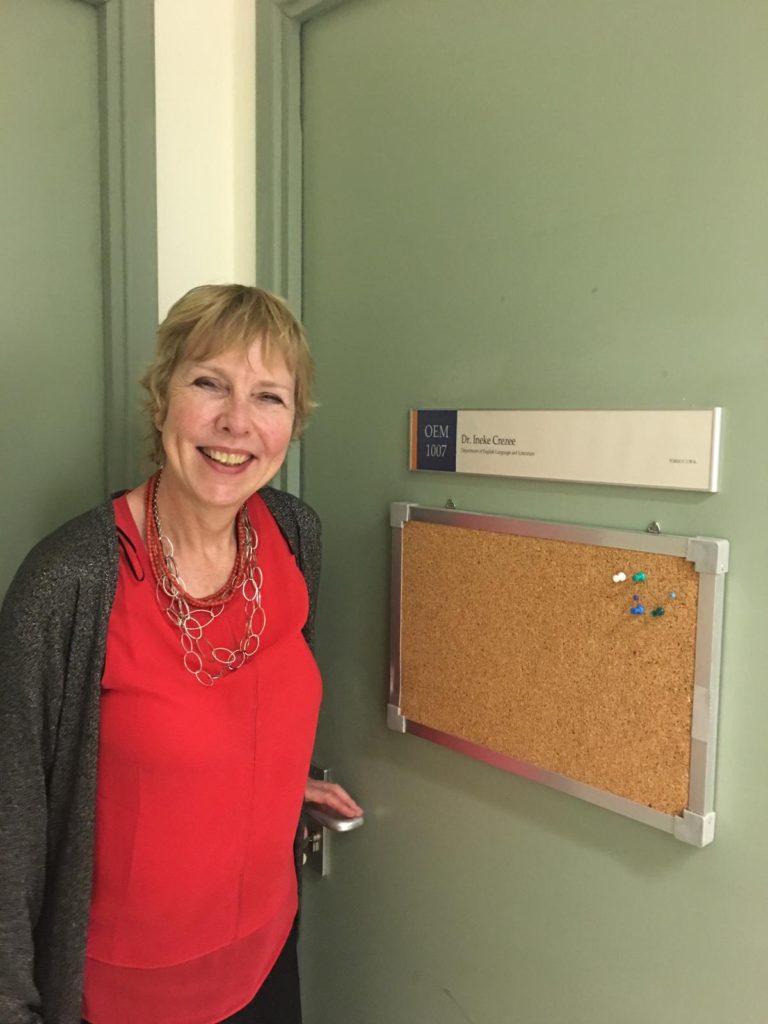
[Photo credit: Ineke Crezee]
Looking for translation and interpreting books by Dr Ineke Crezee? Click here for more info
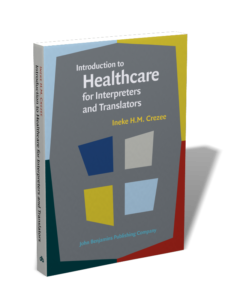
[Image credit: John Benjamins Publishing Company]
Liked this blog post and would like to see more from Little Kiwi Linguist?
Check out our other blogs here or follow us on Facebook, give us a like or become our newest follower 😊.

